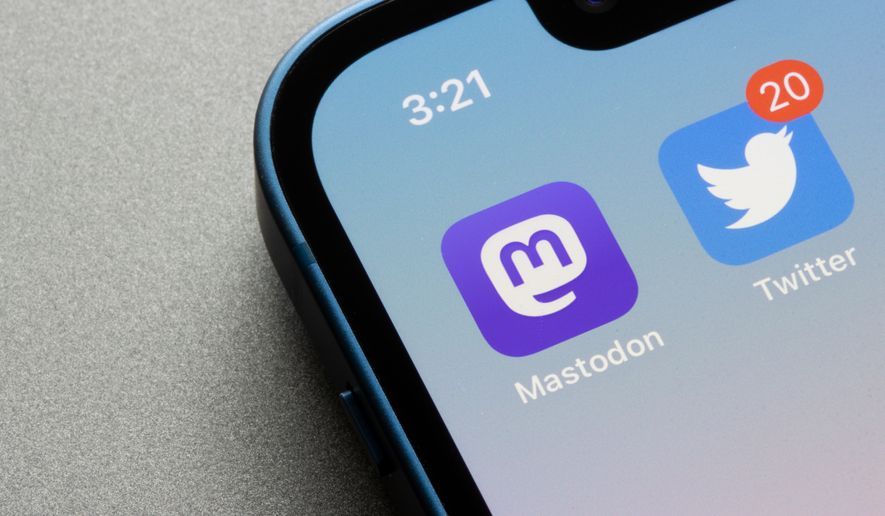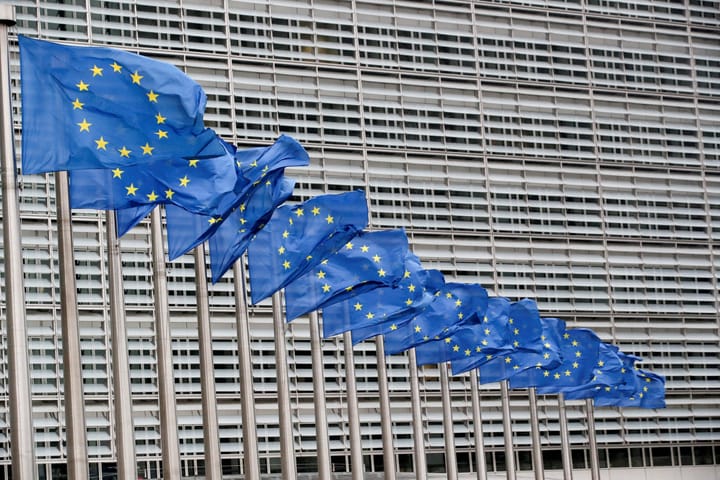Twitter quitters are heading for Mastadon, a Germany-based, open-source alternative
Elon Musk’s Twitter is pretty much a disaster so far, and his takeover could potentially spell the end of the platform.

A few minutes every morning is all you need.
Stay up to date on the world's Headlines and Human Stories. It's fun, it's factual, it's fluff-free.
Elon Musk’s Twitter is pretty much a disaster so far, and his takeover could potentially spell the end of the platform. With Musk’s decisions to fire executives, change the verification system and overhaul the content moderation approach, many users are tired of him. But what can even replace Twitter?
That’s where Mastodon comes in. A Germany-based social network named after an extinct breed of wooly mammoth, Mastodon is where Twitter quitters are headed. It’s a decentralized, open-source platform that looks a lot like Twitter (with hashtags and all). But, it’s more focused on giving users more control over the content they see and interact with. Mastodon can keep this focus by acting as a “federated” network.
That means it’s a big collective of smaller social networks available through different servers using Mastodon’s tech on a platform called the “Fediverse.” And the servers are created by real people who decide on moderation techniques and server rules and policies. You can even start your own server if you want to be your own boss. There are some differences – handles are more like emails, “toots” are longer than tweets and it may be harder to find people you know. At least, for now.
Key comments:
"Your home feed should be filled with what matters to you most, not what a corporation thinks you should see. Radically different social media, back in the hands of the people," Mastodon's homepage says.
"I've gotten more new followers on Mastodon in the last week than I have in the previous five years," Ethan Zuckerman, a social media expert at the University of Massachusetts at Amherst, said last week.
I've gotten more new followers on Mastodon in the last week than I have in the previous five years. Evidently people are a little nervous about this Musk guy and what might happen to this platform. They're right to worry, especially as Musk now seems to be gutting the company.
— Ethan "no blue check before it was cool" Zuckerman (@EthanZ) November 4, 2022
"I was thinking that being able to express myself online to my friends through short messages was very important to me, important also to the world, and that maybe it should not be in the hands of a single corporation. It was generally related to a feeling of distrust of the top-down control that Twitter exercised," Mastodon founder Eugen Rochko explained.




Comments ()